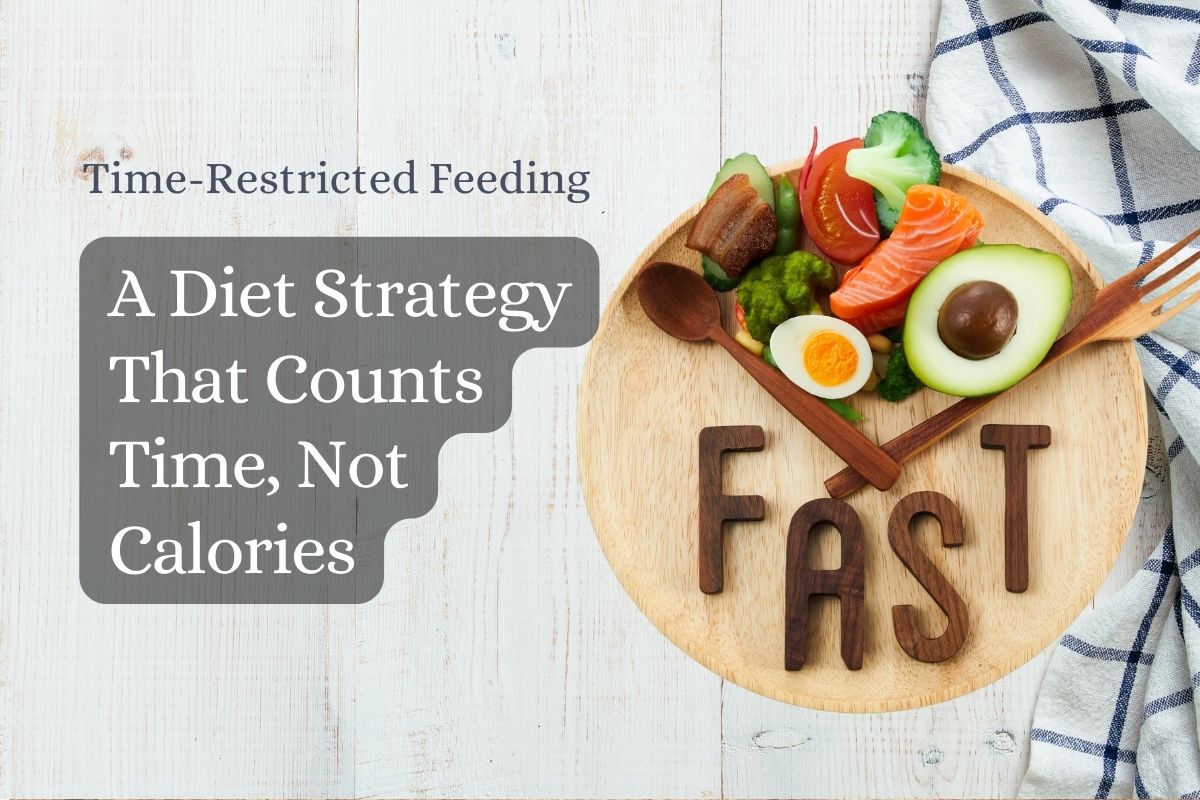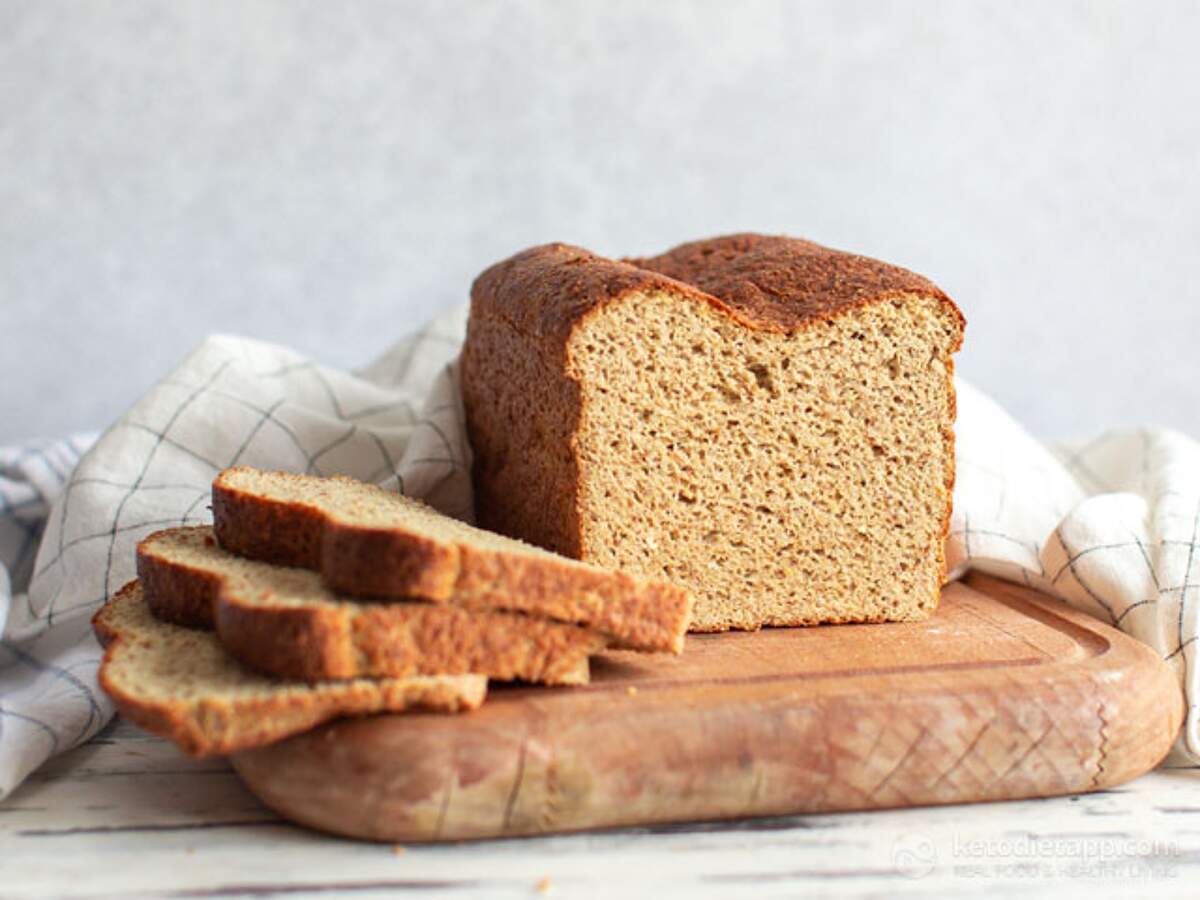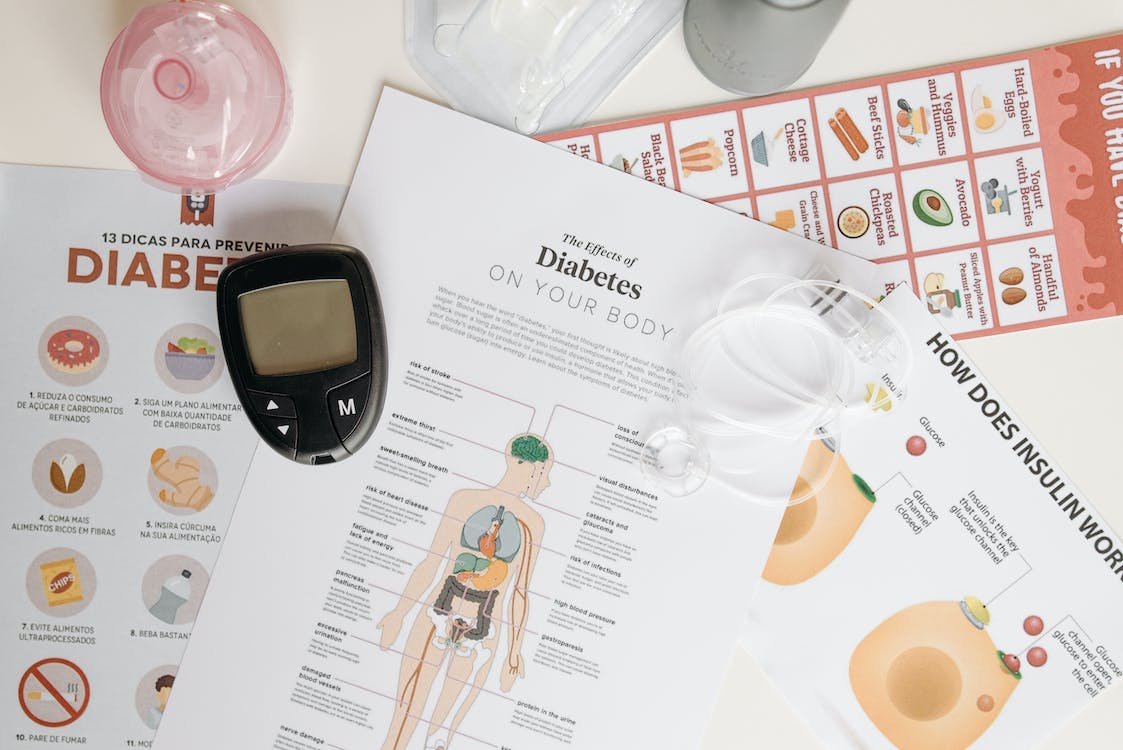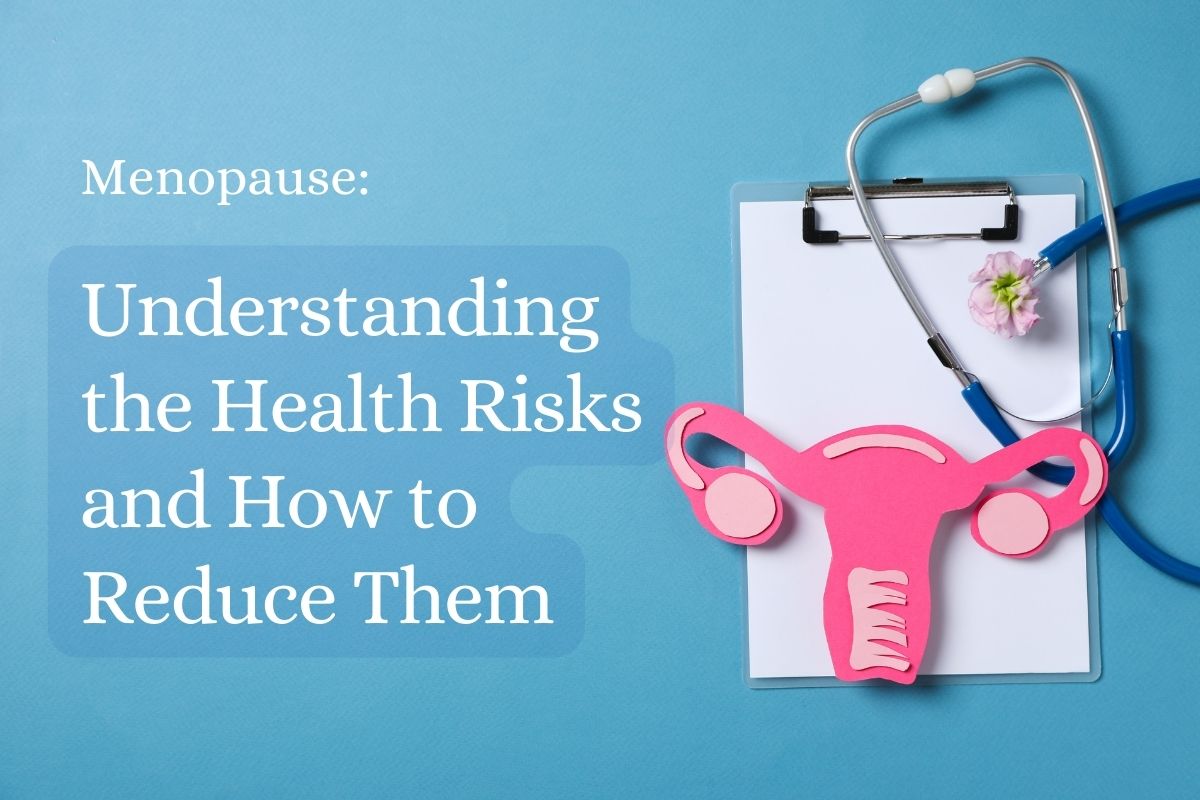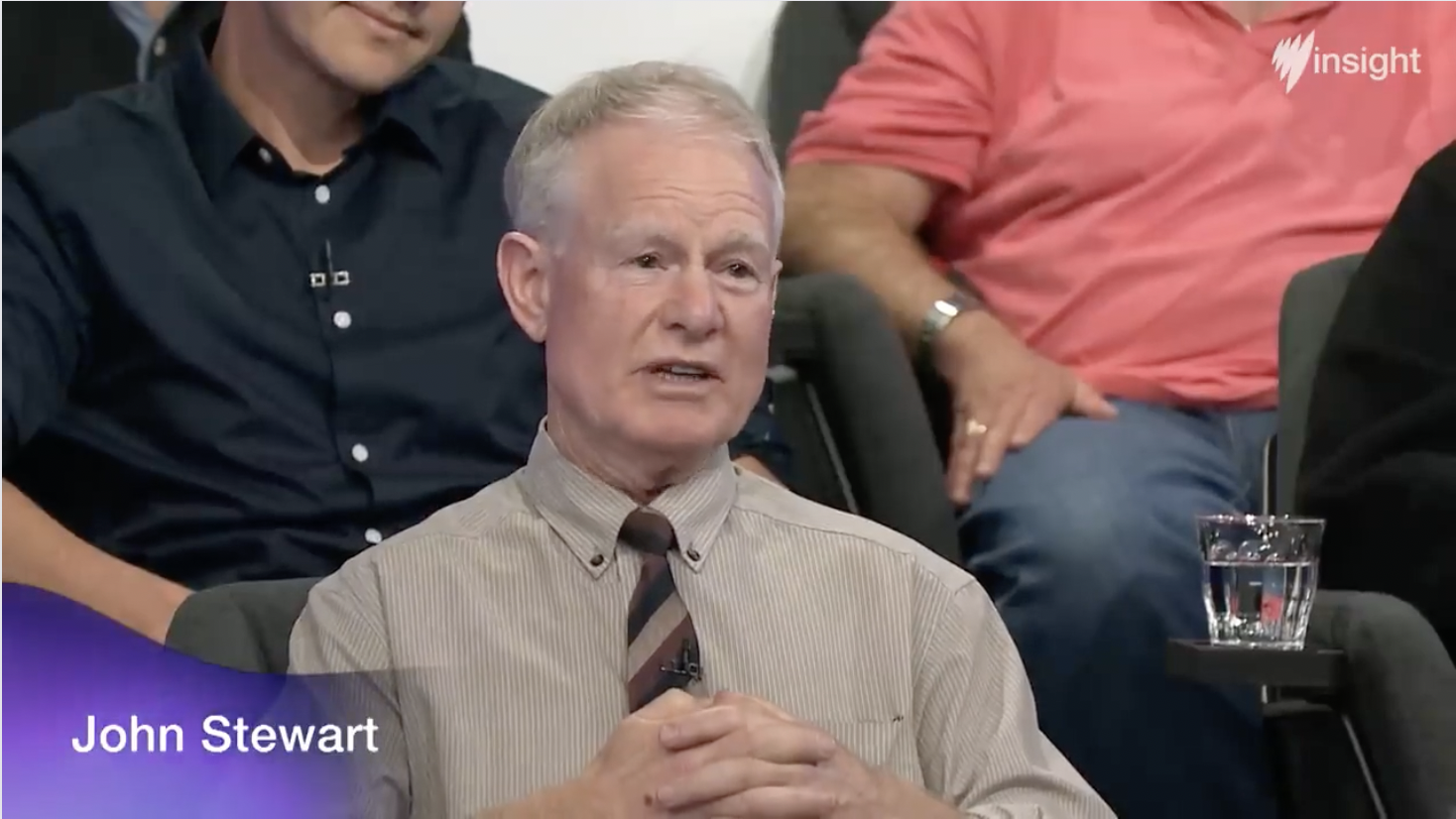
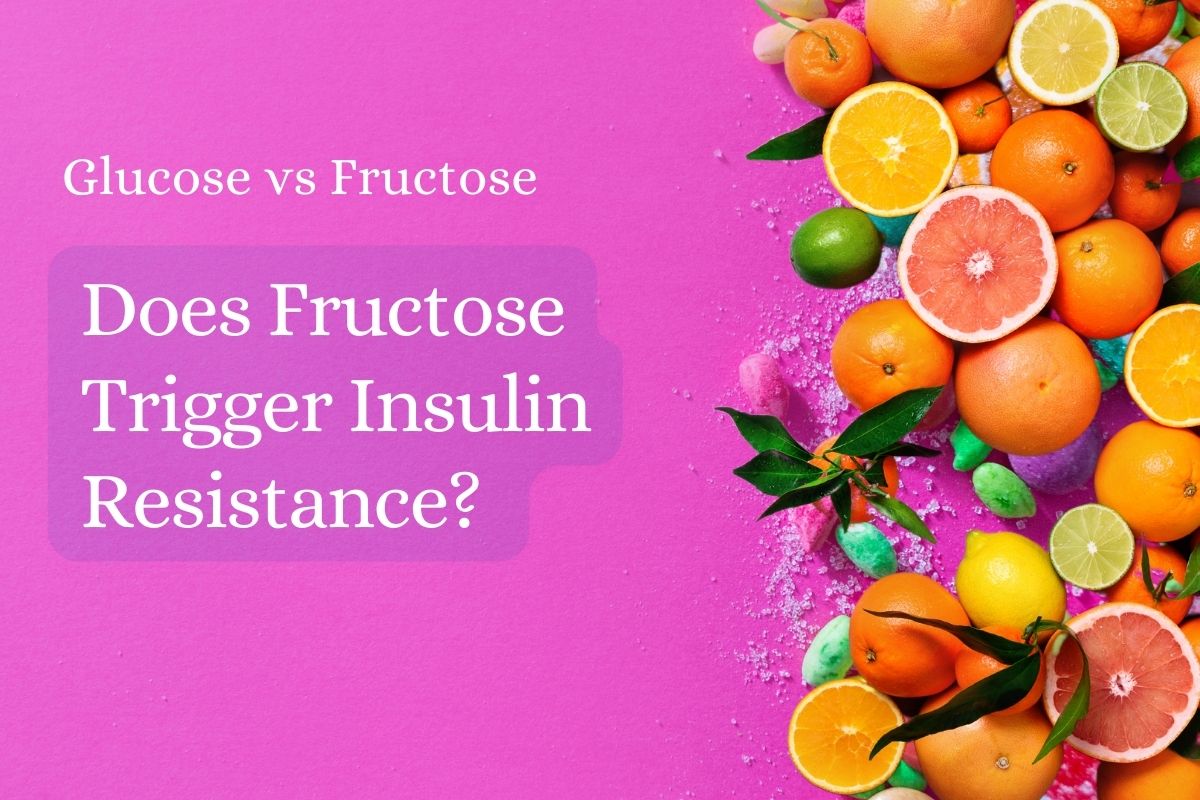
Unsure if fructose helps or hurts your diabetes risk? Explore the latest research on fructose consumption and its impact on blood sugar, weight, and overall health. Discover if cutting back is key for diabetes prevention, or if moderation might be the answer.
Dr Helena Popovic sheds light how fructose might impact insulin resistance and offers practical guidance for making informed dietary choices. She outlines strategies to manage fructose intake while ensuring a balanced and nutritious diet.
Dr Helena Popovic: After my last HEB about sugar, several readers have asked about the difference between glucose and fructose. Many people have heard that fructose is worse for the body than glucose because fructose can cause liver damage similar to that caused by alcohol.
Yes, glucose and fructose are metabolised differently by the body. However, too much of either of these sugars causes visceral fat deposition via different mechanisms. This is not the place for a complex biochemistry lesson so I apologise in advance for oversimplifying the case. In short, glucose (but not fructose) stimulates the release of insulin, which is a protein that allows glucose to be absorbed from the blood into liver, muscle and fat cells. The glucose is then converted to glycogen (in muscle and liver) and triglycerides (in fat and liver).
When blood glucose levels (from a diet too rich in added sugar and refined carbohydrates) are consistently high, the pancreas needs to produce increasing amounts of insulin. This can lead to insulin resistance (the organs no longer respond to insulin) and eventually diabetes. Diabetes is a risk factor for a multitude of other illnesses including heart disease, kidney failure, limb amputation and dementia. Diabetes can shorten lifespan by more than 10 years.
Fructose on the other hand is only metabolised by the liver, not by muscle or any other organ. This means the liver gets overwhelmed when faced with a constant influx of fructose. Once again I’d like to reiterate that fructose in whole fruits and vegetables does not pose a problem because the fibre in natural foods controls the rate at which fructose arrives at the liver and makes it manageable.
However fructose arriving from soft drinks, fruit juices and processed foods is absorbed far too quickly and in too large amounts for the liver to metabolise without negative consequences. These negative consequences include gout, high blood pressure, widespread inflammation and visceral fat deposition. The way the body handles fructose is very similar to the way the body handles alcohol. Alcohol sets off the same chemical reactions causing fatty liver and widespread inflammation. If alcohol consumption goes unchecked, the result is alcoholic liver disease. If fructose consumption goes unchecked, the result is also alcoholic liver disease! Only it isn’t due to alcohol but due to fructose. This is why children are starting to develop liver failure. Liver failure in children was unheard until about a decade ago.
So my conclusion is the same as in the last HEB. Eat whole foods as often as you can. Eat processed foods as little as possible. If you do eat processed foods, calculate their sugar content and aim for the WHO target of less than four (for children), six (for women) and nine (for men) teaspoons per day. If you stay under your sugar limit, you won’t be consuming too much of either glucose or fructose because their combined total is covered under ‘sugars’ in the nutrition panel of packaged foods.
By Dr Helena Popovic
Source: http://www.winningatslimming.com/health-e-byte/fructose-is-the-new-booze/

